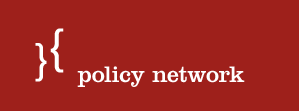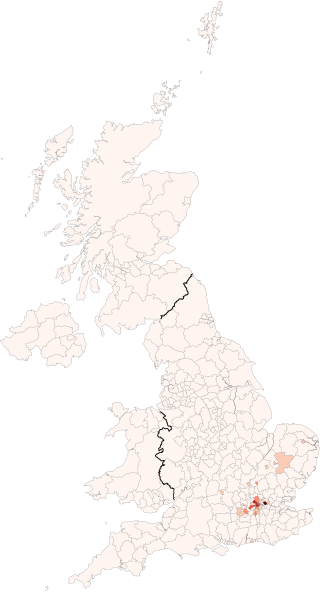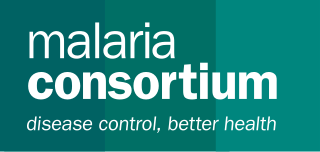The Runnymede Trust is a British race equality and civil rights think tank. It was founded by Jim Rose and Anthony Lester as an independent source for generating intelligence for a multi-ethnic Britain through research, network building, leading debate and policy engagement.

Migrant Help is a United Kingdom-based national charity that has been supporting migrants since 1963.

Home Children was the child migration scheme founded by Annie MacPherson in 1869, under which more than 100,000 children were sent from the United Kingdom to Australia, Canada, New Zealand, and South Africa. The programme was largely discontinued in the 1930s but not entirely terminated until the 1970s.

The National Lottery Community Fund, legally named the Big Lottery Fund, is a non-departmental public body responsible for distributing funds raised by the National Lottery for "good causes".
A social enterprise is an organization that applies commercial strategies to maximize improvements in financial, social and environmental well-being. This may include maximizing social impact alongside profits for co-owners.
Migrant domestic workers are any persons "moving to another country or region to better their material or social conditions and improve the prospect for themselves or their family," engaged in a work relationship performing "in or for a household or households."

The British Youth Council, known informally as BYC, was a UK charity that worked to empower young people and promote their interests. The national charity, ran by young people, existed to represent the views of young people to government and decision-makers at a local, national, European and international level; and to promote the increased participation of young people in society and public life. It was partly funded by the Department for Digital, Culture, Media and Sport and UK Parliament.

Policy Network was an international centre-left think tank based in London. The President of Policy Network was former UK First Secretary of State and EU Trade Commissioner Lord Mandelson; Lord Liddle was Chairperson.

Filipinos in the United Kingdom are British citizens or immigrants who are of Filipino ancestry.
Scarlet Alliance is Australia's national peak sex worker organisation. It was formed in 1989. As an organisation maintained entirely by current and former sex workers, Scarlet Alliance aims to achieve equality, social, legal, political, cultural and economic justice for workers in the sex industry.
UK Youth is a Hampshire based Charitable organization, which was founded in year 1911 to youth work.
Child migration or "children in migration or mobility" is the movement of people ages 3–18 within or across political borders, with or without their parents or a legal guardian, to another country or region. They may travel with or without legal travel documents. They may arrive to the destination country as refugees, asylum seekers, or economic migrants.

Malaria Consortium is an international non-profit organization based in Cambridge Heath, London, specializing in the comprehensive control of malaria and other communicable diseases – particularly those affecting children under five.
Fahamu is a not-for-profit organization supporting organizations and social movements championing progressive social change and human rights. With branches in the United Kingdom, South Africa, Senegal, and Kenya, Fahamu primarily engages with civil and human rights organizations through Pambazuka News, an online platform focusing on social justice. Additionally, they offer online courses on human rights and social justice and employ new technologies, including SMS, for information dissemination, lobbying, and interactions.

TAMPEP is an international organisation that supports the health and human rights of migrant sex workers in Europe.
Mongolians in the United Kingdom are a relatively small but fast emerging ethnic group, including both Mongolian expatriates and migrants residing in the UK along with British-born citizens who identify themselves to be of Mongolian national background or descent.
Marsh Charitable Trust, also known as Marsh Christian Trust, is a national charity in the United Kingdom, based in London. It is a registered charity under English law, and was established in 1981 by Brian Marsh, the current Chairman. Marsh was appointed an OBE for services to business and charity in the 2005 New Year Honours.

Agenda is a UK-based charity which campaigns for women and girls at risk. The charity aims to highlight the needs of what it considers to be the most excluded women and girls: those who have experienced extensive violence, abuse, Psychological trauma, and economic inequality, including problems such as homelessness, incarceration, addiction, serious mental health issues, engagement in prostitution, and other forms of disadvantage. The organisation has 53 members, a mix of charities working with women across the various issues Agenda seeks to address.
Migrant workers in the Gulf Cooperation Council region involves the prevalence of migrant workers in the Kingdom of Bahrain, the State of Kuwait, the Sultanate of Oman, the State of Qatar, the Kingdom of Saudi Arabia and the United Arab Emirates (UAE). Together, these six countries form the Gulf Cooperation Council (GCC), established in 1981. The GCC cooperates on issues related to economy and politics, and the subject of migrant workers constitutes a substantial part of the council's collaboration. All of the GCC countries are dependent on migrant labor to bolster and stimulate economic growth and development, as the GCC countries possess an abundance of capital while the domestic labor capacity is low. Although migrant workers in the Persian Gulf region amount to no more than 10% of all migrants worldwide, they constitute a significant part of the populations of their host countries.

Amina Doherty is a Nigerian/Antiguan feminist, artist and women's rights advocate. As an African-Caribbean feminist and women's rights advocate, her work is centered around raising awareness for social justice through movement-building, and innovative approaches to philanthropy and grantmaking. Amina's work takes many forms: art exhibitions, community programs, cultural events, philanthropic advising, and grantmaking initiatives.










